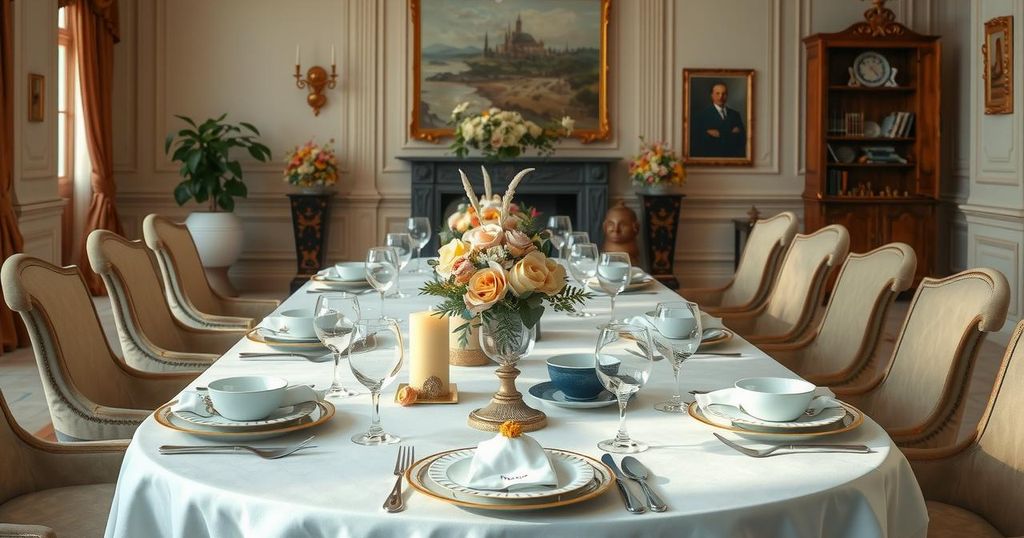World news
ASIA, AYUB KHAN, DONALD TRUMP, INDIA, IRAN, ISLAMABAD, ISRAEL, MIDDLE EAST, MODI, MUNIR, NEWS WORLD NEWS US, NORTH AMERICA, PAKISTAN, PAKISTANI ARMY, POLITICS, PRESIDENTIAL ELECTIONS, SOCIAL MEDIA, TEHRAN, TERRORISM, TIMES NOW, TRUMP, UNITED STATES, US, WASHINGTON, WHITE HOUSE, WORLD NEWS
Sofia Rodriguez
0 Comments
Trump Hosts Pakistan’s Army Chief Asim Munir at White House
President Trump hosted Pakistan’s Army Chief, Asim Munir, at the White House, amidst rising tensions in Iran. The meeting acknowledged Pakistan’s knowledge about Iran and was characterized by Trump’s appreciation for Munir’s efforts to avoid war. This welcoming of a foreign army chief in such a high-profile manner raises questions about U.S. relations with Pakistan and implications for future diplomacy.
In a somewhat unusual gesture, President Donald Trump welcomed Pakistan’s Army Chief, General Asim Munir, to the White House for a closed-door lunch meeting. This meeting is particularly notable as the Pakistani military has faced criticism for harboring and financing terrorist groups. Just recently, reports surfaced of military officials attending the funerals of terrorists killed during Pakistani operations, raising eyebrows about the meeting’s implications.
Tensions between Israel and Iran were clearly in the backdrop of this meeting. The United States is keen on exploring potential involvement in the situation, especially with Islamabad’s known ties to Tehran. Reporters later gathered around Trump, who confirmed that the topic of Iran was indeed discussed with Munir. He remarked that Pakistan knows Iran “very well” and shared their concerns about the current situation, though he offered no further details.
After the luncheon, Trump expressed his gratitude for Munir’s role in avoiding conflict, stating he felt “honoured” to host him. He indicated that both countries are in discussions to strengthen their trade relationships, mentioning an ongoing trade deal with India and another one with Pakistan. Trump expressed relief that the two countries, both possessing nuclear capabilities, have refrained from escalating tensions into war.
Normally, it is quite rare for a sitting U.S. president to host the army chief of a foreign nation. While there have been instances in the past where Pakistan’s army leaders like Ayub Khan, Zia ul-Haq, and Pervez Musharraf have received such invitations, those leaders held the presidency simultaneously. Munir’s visit has sparked conversations about the strength and nature of U.S.-Pakistan relations moving forward.
Considering the complexities surrounding U.S. foreign relations and the controversial history of Pakistan’s military actions, this meeting could have significant implications. The diplomatic line between support and complicity with terror figures continues to be a tightrope for the U.S.—and what leaders like Trump choose to discuss reflects political strategies at play.
President Trump’s meeting with General Asim Munir at the White House marks a rare diplomatic engagement that has stirred discussions about U.S.-Pakistan relations. The conversation included significant topics like Iran amidst escalating tensions in the region. Trump’s remarks about avoiding war highlight an intent to foster trade relationships while navigating the complicated landscape of international politics, particularly concerning Pakistan’s historical support of terrorism.
Original Source: www.timesnownews.com




Post Comment